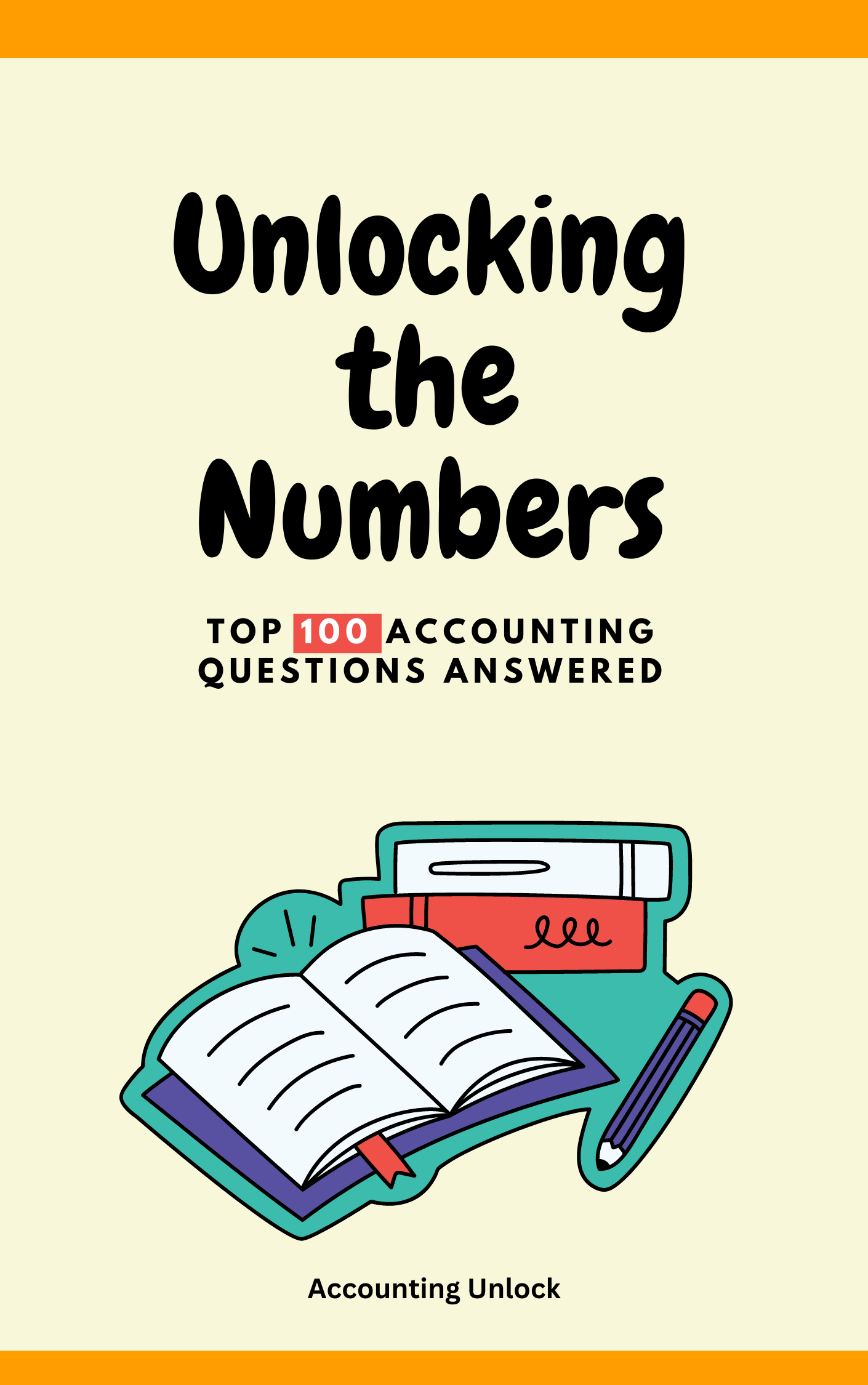Ah, young financial detectives! Ever built a pirate ship empire out of cardboard boxes, only to realize you forgot to draw a treasure map? Hidden assets are like those secret stashes of pirate gold, treasures no one knows about except you (and maybe your trusty accountant!).
Imagine you’re a captain extraordinaire, sailing cardboard seas in your magnificent galleon. You’ve got a stash of shiny buttons for coins, crumpled paper maps for charts, and even a trusty cardboard parrot – but what if there’s more? What if you hid a golden crown (made from an old cereal box, of course) in a secret compartment under the deck? That’s a hidden asset – a valuable treasure no one else knows about in your financial kingdom!
Think of it like a surprise birthday present: it’s valuable, it belongs to you, but it doesn’t show up on any official lists or inventories. In the accounting world, hidden assets can be anything from forgotten bank accounts to valuable intellectual property (like your super-secret recipe for cardboard cannonballs!).
Why are hidden assets important in accounting?
- Accuracy matters: Accurate financial reports are like treasure maps for investors and business decisions. Hidden assets can throw everything off, making it hard to navigate the financial seas!
- Risk and liability: If someone discovers your hidden treasure (like the tax authorities!), you could be in for a surprise – and not the good kind. Accountants help identify and manage hidden assets to avoid trouble.
- Business potential: Sometimes, hidden assets can be like forgotten gold mines! Accountants can help you uncover their value and use them to boost your business, like turning that cardboard crown into a cardboard kingdom expansion fund!
How are hidden assets handled in accounting?
- Financial detectives on the case: Accountants are like treasure hunters, digging through records and sniffing out clues to uncover hidden assets. They might ask you tricky questions about forgotten bank accounts or unused land deeds, piecing together the financial puzzle.
- Valuation and reporting: Once discovered, hidden assets need to be properly valued and added to your official financial reports. It’s like adding your secret crown to your cardboard inventory, making everything clear and accurate.
- Tax implications: Remember, not all treasure comes without consequences. Accountants help you navigate the tax rules around hidden assets, making sure you don’t get caught in a financial storm by a surprise tax bill!
Key points about hidden assets:
- Valuable resources not listed on official financial reports.
- Can pose risks if not properly managed.
- Accountants help identify, value, and report hidden assets.
Remember, young sleuths, mastering hidden assets is like having a financial compass for your cardboard ship! It equips you to navigate the complexities of your financial kingdom, identify potential risks and rewards, and keep your treasure map accurate and ready for any adventure! So keep learning, keep exploring, and keep uncovering the most valuable financial secrets, whether they’re buried under dusty cardboard decks or hidden in plain sight!





